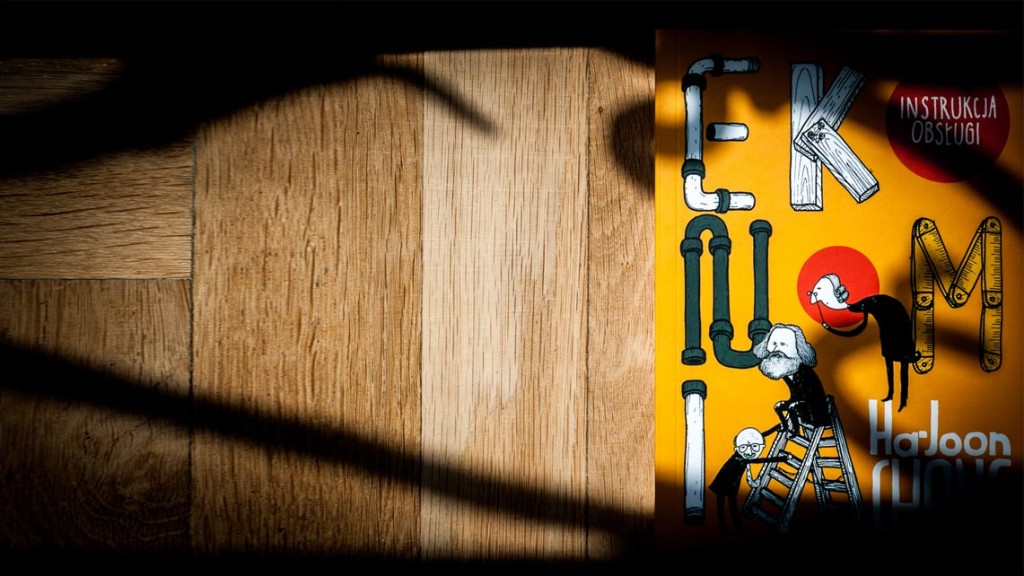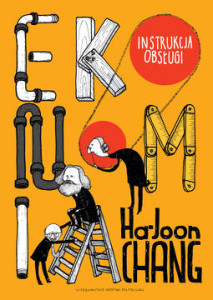Chang will discuss the limitations of economics as it is practised today and suggest ways to make it better serve the humanity
3rd June at 14:30 in 408, at the Faculty of Economic Sciences Warsaw University (ul. Długa 44/50)
Lecture based on his latest book, ‘Economics: The User’s Guide’, Chang will discuss the limitations of economics as it is practised today and suggest ways to make it better serve the humanity. He will emphasise that, unlike what most economists tell us, economics is not a ‘science’ but a political argument. He will argue that there are many different ways of ‘doing’ economics, with three varieties for free-market economics alone. He will argue that these different approaches should be cross-fertilised with each other in order to provide a richer understanding of the complex world. He will also discuss: how we need to know more ‘real life numbers’ in economics while taking them with a grain of salt; how we need to pay attention to production and work, and not just exchange and consumption; why everyone needs to learn some economics and act as responsible ‘economic citizens’.
Ha-Joon Chang
Teaches economics at the University of Cambridge. In addition to numerous journal articles and book chapters, he has published 15 authored books (four co-authored) and 10 edited books. His main books include The Political Economy of Industrial Policy, Kicking Away the Ladder, Bad Samaritans, 23 Things They Don’t Tell You About Capitalism, and Economics: The User’s Guide. His writings have been translated and published in 36 languages and 39 countries. Worldwide, his books have sold around 1.8 million copies. He is the winner of the 2003 Gunnar Myrdal Prize and the 2005 Wassily Leontief Prize. He was ranked no. 9 in the Prospect magazine’s World Thinkers 2014 poll.
![Political Critique [DISCONTINUED]](http://politicalcritique.org/wp-content/uploads/2015/09/Political-Critique-LOGO.png)
![Political Critique [DISCONTINUED]](http://politicalcritique.org/wp-content/uploads/2015/09/Political-Critique-LOGO-2.png)

